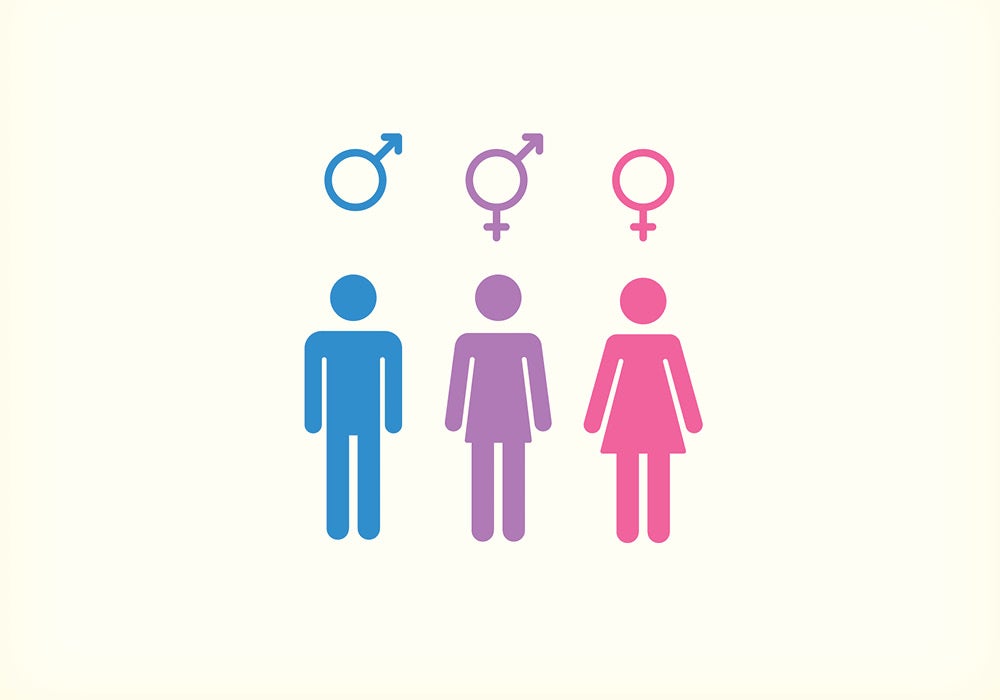Sociology of Gender
## Sociology of Gender
The sociology of gender is a field that examines how gender identities and roles are constructed, maintained, and challenged within social contexts. It explores the complex interplay between gender, power, culture, and social structures, focusing on the ways in which gender shapes experiences and opportunities in various spheres of life, including work, education, family, and politics.
****Historical Context and Development
The study of gender in sociology has evolved significantly over the past century. Early sociological research often conflated sex (biological differences) with gender (socially constructed roles), leading to a limited understanding of how these concepts interact. However, as feminist movements gained momentum in the 1960s and 1970s, scholars began to differentiate between sex and gender, recognizing that gender is a social construct influenced by cultural norms and power dynamics.
Research published in *Social Forces* over the last hundred years illustrates this shift. Initially focused on biological determinism, scholarship has increasingly adopted a structural perspective that considers how gender operates across multiple levels—individual, institutional, and societal. This transition has allowed for a more nuanced understanding of how gender intersects with other forms of social stratification such as race, class, and sexuality[1].
****Theoretical Perspectives
Sociologists employ various theoretical frameworks to analyze gender:
- **Functionalism**: This perspective views society as a complex system whose parts work together to promote stability. Functionalists argue that traditional gender roles serve a purpose in maintaining social order. For example, they suggest that men’s roles as breadwinners and women’s roles as caregivers are functional for family stability.
- **Conflict Theory**: Conflict theorists emphasize the power struggles between different groups within society. They argue that gender inequality arises from the dominance of men over women in patriarchal societies. This perspective highlights how economic systems exploit women's labor and perpetuate gender disparities.
- **Symbolic Interactionism**: This micro-level approach focuses on daily interactions and the meanings individuals attach to gender roles. It examines how societal norms shape individual behavior and identity. For instance, it explores how language and symbols reinforce traditional notions of masculinity and femininity[3][7].
Each of these perspectives contributes to a comprehensive understanding of how gender operates within society.
****Intersectionality
A critical development in the sociology of gender is the concept of intersectionality, which recognizes that individuals experience multiple identities simultaneously (e.g., race, class, sexuality) that intersect to create unique experiences of oppression or privilege. This framework encourages researchers to consider how various social categories interact to shape individuals' experiences and access to resources[4].
For instance, Black women may face different challenges than white women due to the compounded effects of racism and sexism. Intersectional analysis has expanded the scope of gender studies by highlighting the importance of context in understanding inequality.
****Gender in Education
The sociology of gender also critically examines educational institutions as sites where gender norms are reinforced or challenged. Research indicates that educational settings often perpetuate traditional gender roles through curricula, teacher-student interactions, and school culture. For example, studies have shown that boys are often encouraged to pursue STEM fields while girls may be steered toward humanities[4].
Moreover, issues such as bullying based on non-conformity to traditional gender roles can lead to significant disparities in educational outcomes for LGBTQ+ students. The field advocates for inclusive practices that recognize diverse identities and promote equity within educational settings.
****Contemporary Issues
In recent years, the sociology of gender has expanded its focus to include contemporary issues such as:
- **Transgender Rights**: Increasing recognition of transgender individuals has prompted sociologists to explore how societal norms around gender binary are being challenged. Research highlights the discrimination faced by transgender individuals in various domains including healthcare, employment, and legal rights.
- **Workplace Inequality**: Despite progress toward equality, women continue to face significant barriers in the workplace, including wage gaps and underrepresentation in leadership positions. Sociologists analyze these disparities through lenses such as organizational culture and labor market dynamics[6].
- **Global Perspectives**: The global dimension of gender studies examines how cultural differences shape experiences of gender inequality around the world. Issues such as reproductive rights, violence against women, and access to education are critical areas of focus for sociologists studying gender on a global scale[8].
In summary, the sociology of gender is a dynamic field that encompasses a wide range of issues related to identity, power dynamics, and social structures. It continues to evolve as new challenges emerge in society regarding equality and representation across different genders. Through various theoretical lenses and intersectional approaches, sociologists aim to understand and address the complexities surrounding gender in contemporary life.
Citations:
[1] https://www.ncbi.nlm.nih.gov/pmc/articles/PMC10100580/
[2] https://www.isa-sociology.org/en/publications/isa-journals/current-sociology/sociologist-of-the-month/sotm-january-2024
[3] https://socialsci.libretexts.org/Courses/Lumen_Learning/Introduction_to_Sociology_%28Lumen%29/12:_Module_9-_Gender_Sex_and_Sexuality/12.08:_Introduction_to_Theories_of_Gender_and_Sex
[4] https://oxfordre.com/education/abstract/10.1093/acrefore/9780190264093.001.0001/acrefore-9780190264093-e-72
[5] https://www.cambridge.org/core/books/abs/cambridge-handbook-of-sociology/sociology-of-gender/88ABEF51AEDFC9BFE47231BFADCA758E
[6] https://journals.sagepub.com/home/GAS
[7] https://courses.lumenlearning.com/wm-introductiontosociology/chapter/theoretical-perspectives-on-gender/
[8] https://www.weforum.org/publications/global-gender-gap-report-2023/






No comments:
Post a Comment
If you have any doubts. Please let me know.